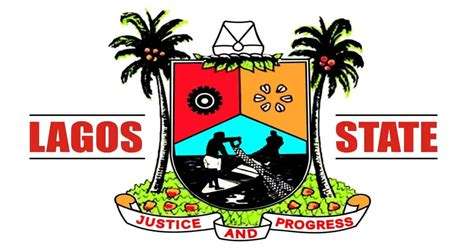The Lagos State Government has officially commenced the Omi Eko Inland Waterway Project, a landmark €410 million infrastructure initiative aimed at revolutionising water transport across the state’s lagoon network.
According to the state government, the project jointly financed by the European Union (EU), the French Development Agency (AFD), and the European Investment Bank (EIB) will run from now till 2030, providing a sustainable and efficient alternative to Lagos’ overburdened road system.
Project Financing Structure
The €410 million funding package comprises of a €60 million grant from the European Union, a €130 million subsidised loan from the French Development Agency (AFD) and a €170 million subsidised loan from the European Investment Bank (EIB).
Infrastructure and Operations
The Omi Eko Project is structured around two core components infrastructure development and operational modernisation.
Under the infrastructure component, the project will deliver:
- 15 priority ferry routes covering about 140 kilometres of channels.
- Construction of 25 ferry terminals and jetties across strategic locations.
- Electric vessel charging stations and maintenance depots
- Improved land connections to enhance intermodal transport integration.
The operational component will focus on:
- Acquisition of over 75 electric-powered passenger vessels.
- Deployment of intelligent transport systems, including digital ticketing and vessel-tracking technologies
- Capacity building for the Lagos State Waterways Authority (LASWA) and associated agencies.
A Climate-Resilient Design
The Omi Eko Project incorporates climate adaptation measures, with infrastructure designed to withstand an 80% sea-level rise scenario by 2100. Floating pontoons will replace traditional fixed concrete structures where possible to improve resilience and flexibility.
When completed, the project is expected to move over 25 million passengers annually, significantly reducing traffic congestion and greenhouse gas emissions in Africa’s most populous city.
Lagos State officials noted that the initiative aligns with the state’s long-term mobility strategy, focusing on sustainable, multimodal transport options that integrate road, rail, and water systems.
The Omi Eko Inland Waterway Project is being hailed as one of the largest investments in water transport in Sub-Saharan Africa. It is also seen as a key step towards repositioning Lagos as a modern, climate-resilient megacity with inclusive and efficient mobility solutions.




